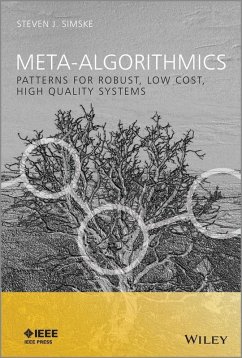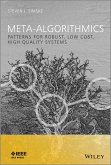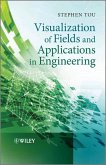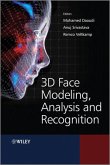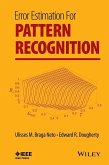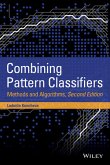The confluence of cloud computing, parallelism and advanced machine intelligence approaches has created a world in which the optimum knowledge system will usually be architected from the combination of two or more knowledge-generating systems. There is a need, then, to provide a reusable, broadly-applicable set of design patterns to empower the intelligent system architect to take advantage of this opportunity. This book explains how to design and build intelligent systems that are optimized for changing system requirements (adaptability), optimized for changing system input (robustness), and optimized for one or more other important system parameters (e.g., accuracy, efficiency, cost). It provides an overview of traditional parallel processing which is shown to consist primarily of task and component parallelism; before introducing meta-algorithmic parallelism which is based on combining two or more algorithms, classification engines or other systems. Key features: * Explains the entire roadmap for the design, testing, development, refinement, deployment and statistics-driven optimization of building systems for intelligence * Offers an accessible yet thorough overview of machine intelligence, in addition to having a strong image processing focus * Contains design patterns for parallelism, especially meta-algorithmic parallelism - simply conveyed, reusable and proven effective that can be readily included in the toolbox of experts in analytics, system architecture, big data, security and many other science and engineering disciplines * Connects algorithms and analytics to parallelism, thereby illustrating a new way of designing intelligent systems compatible with the tremendous changes in the computing world over the past decade * Discusses application of the approaches to a wide number of fields; primarily, document understanding, image understanding, biometrics and security printing * Companion website contains sample code and data sets
Dieser Download kann aus rechtlichen Gründen nur mit Rechnungsadresse in A, B, BG, CY, CZ, D, DK, EW, E, FIN, F, GR, HR, H, IRL, I, LT, L, LR, M, NL, PL, P, R, S, SLO, SK ausgeliefert werden.

